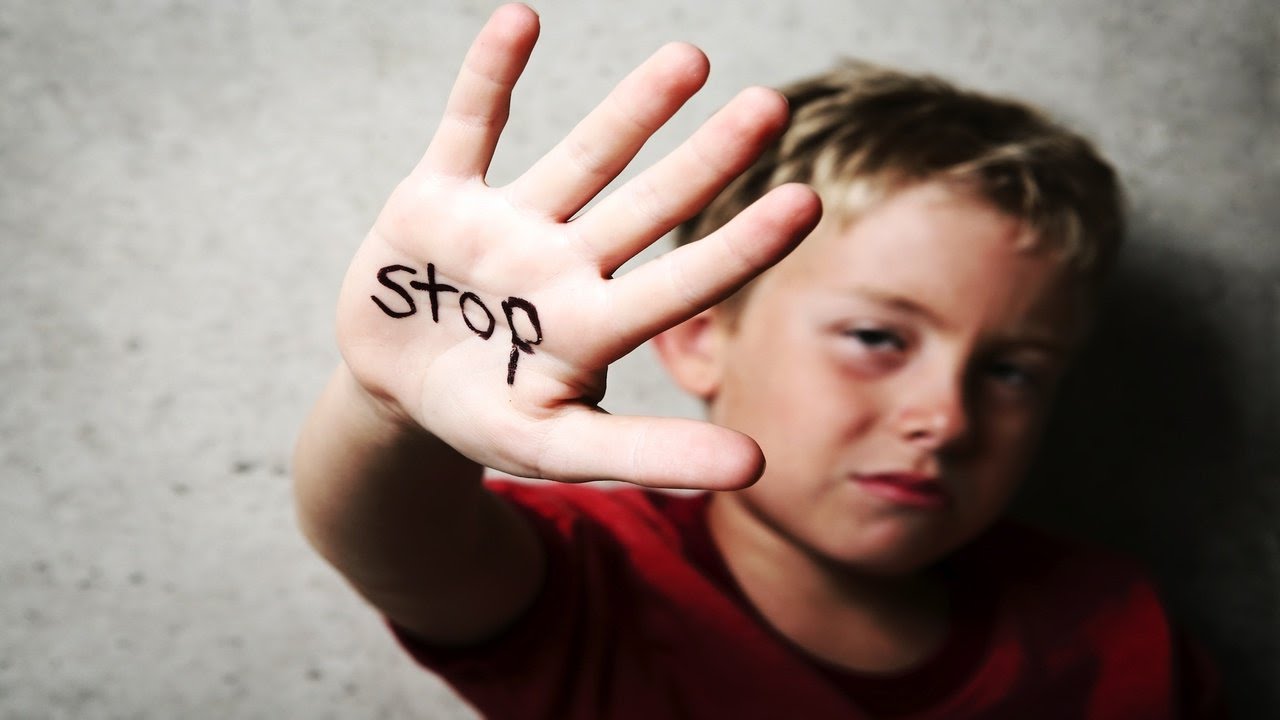How Domestic Violence Impacts Children | Child Anxiety
Full Playlist: https://www.youtube.com/playlist?list=PLLALQuK1NDriaMYHHl7sulhOozHdtTdHi
–
–
No child should suffer depression and anxiety without help, seek professional help for you and your child and here’s some resources for educating yourself along the way:
Freeing Your Child from Negative Thinking: http://amzn.to/1jOAGeu
How To Get Unstuck From The Negative Muck: http://amzn.to/1Pj1b7O
Depression and Your Child: A Guide for Parents and Caregivers: http://amzn.to/1LiG97G
What to Do When You’re Scared and Worried: A Guide for Kids: http://amzn.to/1jOAOuH
What to Do When You Worry Too Much: A Kid’s Guide to Overcoming Anxiety: http://amzn.to/1JThS2M
Watch more How to Deal with Child Anxiety & Depression videos: http://www.howcast.com/videos/517469-How-Domestic-Violence-Impacts-Children-Child-Anxiety
I’m going to talk about how domestic violence impacts children. Unfortunately, children are the unwilling victims, sometimes, of domestic violence. That although, it’s about the partners and the adults involved, it’s the children that are around, that are also very hurt by whatever is going on. There is a lot of things that influence how a child reacts to a domestic violence situation. Certainly, there is the kind of violence and their proximity to it. So, there is certainly a difference between a child to maybe who is in their bedroom and had headphones on while parents were arguing. That maybe very different from a child who was right there when somebody violently murdered or abused a partner or parent.
So again, there is the situation itself and what the child witnessed that may be different. There is the severity of the kind of violence that will impact how a child is affected by what happened. Their age, certainly young children may not understand it but they may be reacting much more to things that they hear or they see and because they don’t have the language. Then you also want to think about the child’s own temperament, their intelligence, their styles, some are more anxious, some have a harder time. They may have other emotional problems or learning problems that are going along with the situation. And then, also, it’s their perception of how endangered they were at the time. So, they may feel very scared for themselves as well as protective or scared of the other people.
And lastly, sometimes, there is the aftereffects of the violence. The children have to relocate, to change who they were living with. All those things may pile up and make it an even more overwhelming situation for the child. Now in general, some children, really, there is a range in terms of the reactions that children display afterwards. They may have a much more difficult time with their behaviors, they may regress, they may fight, they may show signs of withdrawal and depression. They may be acting out, they may be thinking things that you don’t know in terms of being worried or afraid and they may feel tense, anxious, upset, nervous, worried that something else will happen. So, there is lot of things that you have to pay attention to and understand might be going on for your child.
Mostly, the thing we certainly worry about the most is some children that have been in a domestic violence situation will develop possibly a traumatic reaction and that’s where they may re-experience what happened in their mind, in their thoughts and in their dreams and nightmares. Or they may feel on edge and aroused and always wondering and worrying that something bad will happen and they are sometimes hyper alert and thinking about what’s going to happen next or their body feels ready for something terrible to happen. Then they may avoid situations or people.
So again, the relationship that they have with the people that are involved in the violence can have an impact on how they are functioning and how they go on. Domestic violence is about what happened that’s domestic, in terms of the family, and violence, in terms of what the children are learning and watching and reacting to. They often need help with their reactions and how to manage the relationships with those people that were involved in the violence.



![[ID: PldiY4Sk5ms] Youtube Automatic](https://okumasaati.net/wp-content/uploads/2020/10/id-pldiy4sk5ms-youtube-automatic-360x203.jpg)
![[ID: tDZa5HUA4AI] Youtube Automatic](https://okumasaati.net/wp-content/uploads/2020/10/id-tdza5hua4ai-youtube-automatic-360x203.jpg)
![[ID: 2x4zwuS11s0] Youtube Automatic](https://okumasaati.net/wp-content/uploads/2020/10/id-2x4zwus11s0-youtube-automatic-360x203.jpg)
![[ID: yDSAQFm-8yw] Youtube Automatic](https://okumasaati.net/wp-content/uploads/2020/10/id-ydsaqfm-8yw-youtube-automatic-360x203.jpg)
![[ID: YtCg5fm89IA] Youtube Automatic](https://okumasaati.net/wp-content/uploads/2020/10/id-ytcg5fm89ia-youtube-automatic-360x203.jpg)
![[ID: NIrarNo82xs] Youtube Automatic](https://okumasaati.net/wp-content/uploads/2020/10/id-nirarno82xs-youtube-automatic-360x203.jpg)